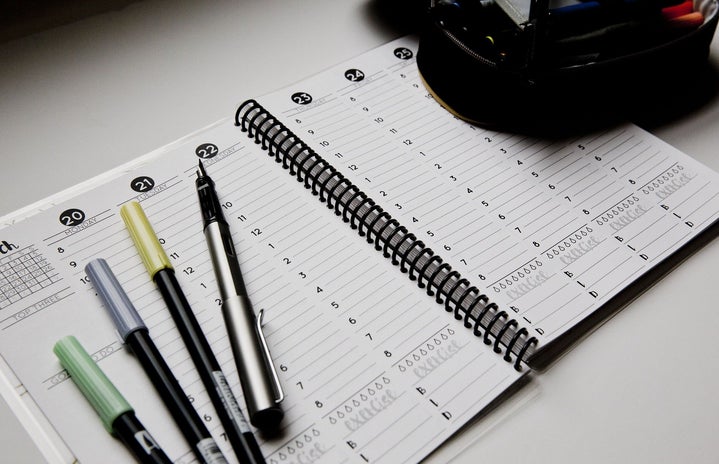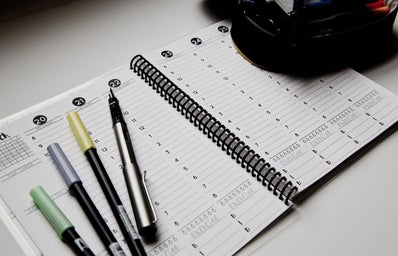The busy lifestyle of a college student often consists of late nights and early mornings. Between classes, homework, extracurricular activities, and social obligations, caffeine quickly becomes a staple in our diets.
Coffee is a classic go-to for a quick caffeine fix (my personal favorite is a hazelnut latte), but unfortunately it can have adverse side-effects. Not only can its extreme acidity harm your stomach, it can also cause post-caffeine-high jitters and dehydration. While the energy-boost from coffee can definitely help you feel awake and focused, there is an alternative, healthier method to get your caffeine fix: tea!
Here is the quick SparkNotes version of tea: all tea comes from a plant called the Camellia sinensis. The leaves are taken from this plant and undergo an oxidation process in order to become tea leaves which can be steeped in hot water.
A cup of black tea has roughly half the amount of caffeine as a cup of coffee; however, tea has something called polyphenols, which help slow the absorption of caffeine into your body’s system. This leads to a more sustained caffeine-kick and as a result, no post-drink jitters. If you’re not a fan of black tea, you can always try white tea, since it has just about as much caffeine as black tea!
Tea is also chock-full of antioxidants, which boost your immune system and help your body ward off sicknesses — which is always a plus! While all tea has antioxidants, a cup of green tea will give you the most bang for your buck. Green tea can also be incredibly soothing and light, but watch out — it does have a small amount of caffeine, which means it shouldn’t be consumed before bed. Try to stick to herbal teas in the evening, which are naturally caffeine-free.
On top of that, tea is good for curing various ailments. Ginger-based black teas can ease an upset stomach, cherry teas can soothe a sore throat, and fragrant floral teas, such as lavender teas, can help clear out nasal congestion. Additionally, oolong teas are great for dieting, as they’re natural appetite suppressants. Finally, matcha is a form of tea that’s gaining popularity. Instead of just the leaves of the Camellia sinensis, it’s the whole plant ground into a powder, giving it more caffeine and more nutritional value than traditionally-steeped tea.
As for obtaining some tea to try, it’s super easy — Nagel and Nelson both provide tea bags and hot water. If you’re looking for some higher quality blends, there are several loose-leaf tea shops in the Denver-metro area. There’s Capital Tea near Union Station, as well as iN-Tea in Downtown Littleton! Both are super cute shops that are perfect for studying, as well as providers of top-notch loose-leaf tea.
Given that midterms are coming up, caffeine is a must-have, but coffee is not. Consider trying a cup of tea instead. Chai tea, English Breakfast tea, and Jasmine green tea are a few of my favorites. Of course, coffee will always be a go-to for a pick-me-up, but tea is an excellent and healthy alternative.


